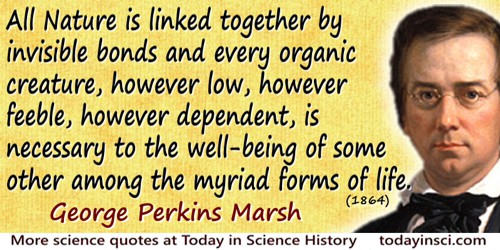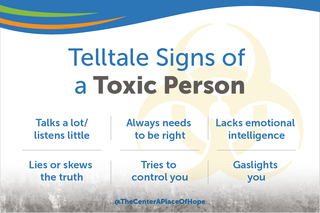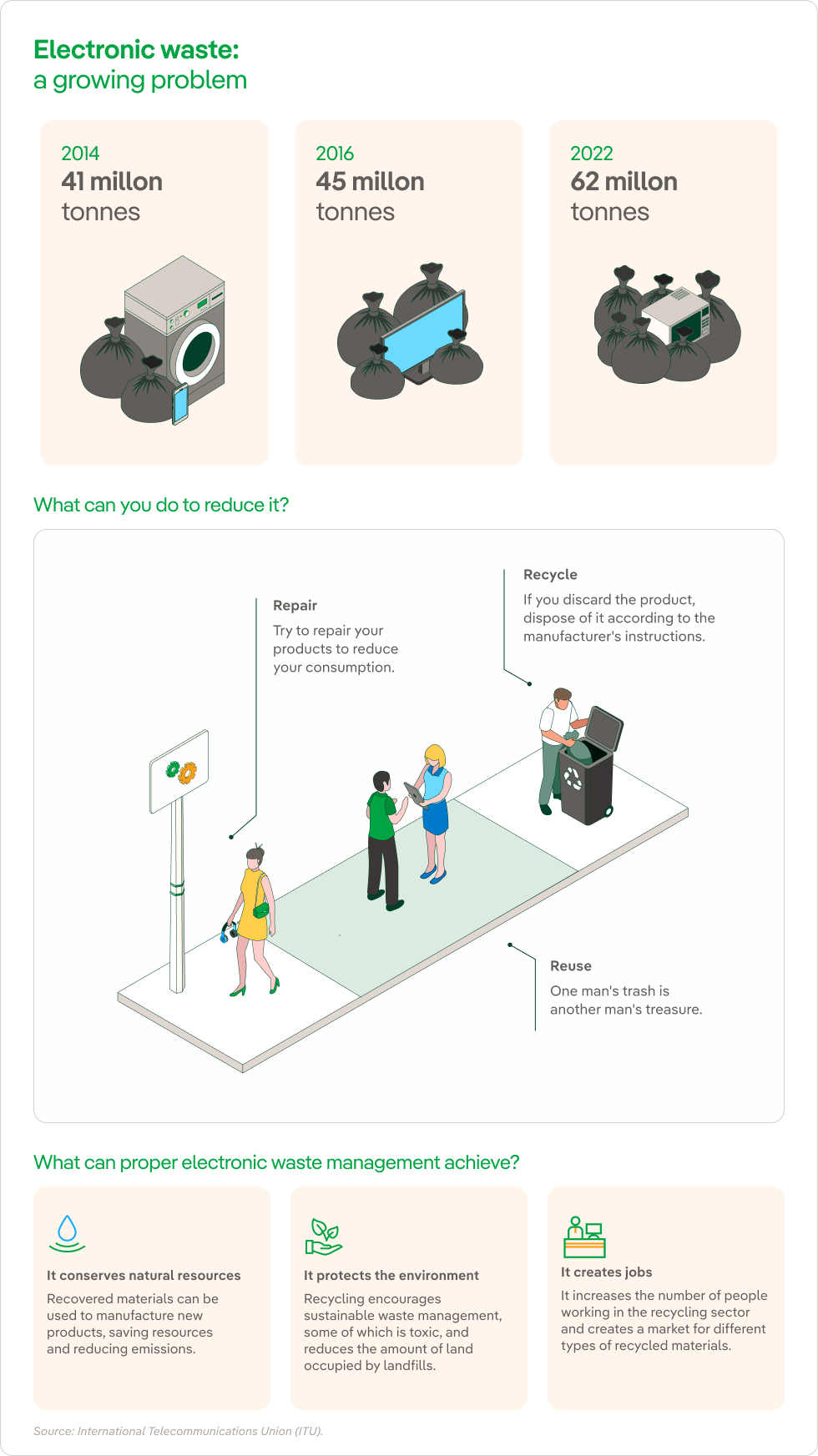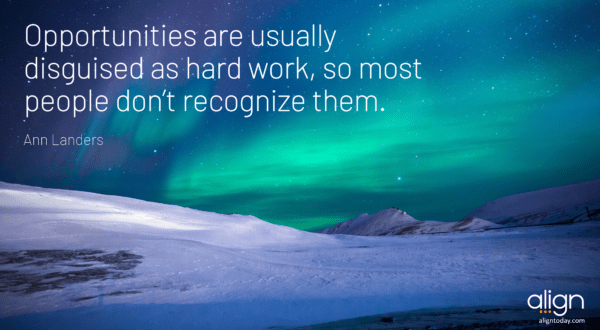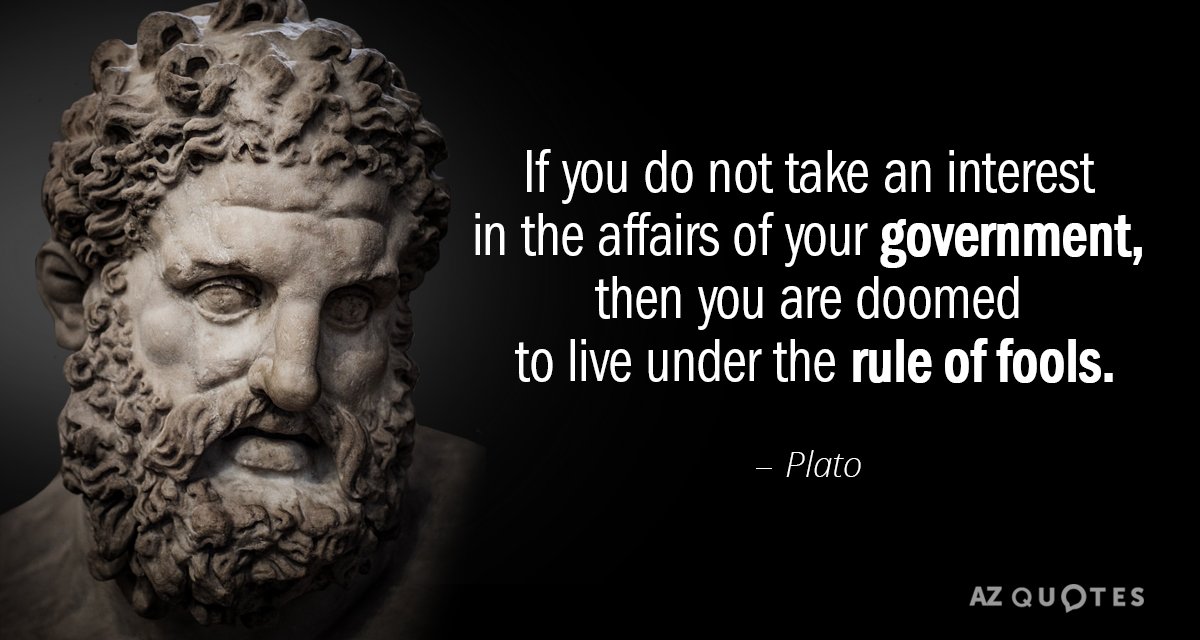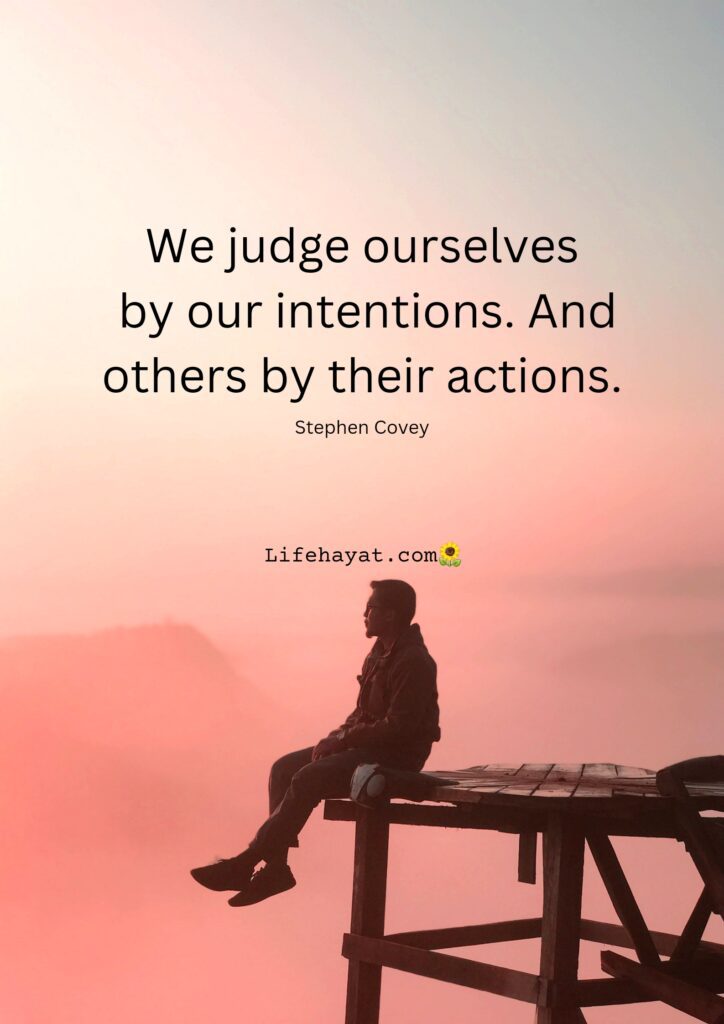When I was a child at Primary school in Birmingham I walked from Higgins Lane to Lapal Canal via Four Dwellings school. I don't remember how I found my way there, but I went alone. I remember a field full of wild flowers that I walked through & swans nesting on the canal. It always seemed to be a sunny day & it was a place of beauty, peace & tranquility. An escape that I loved. That must have been over 60 years ago. No parent would let a young child do that today.
Nowadays a normal conversation opener is "what have you been up to?" My response is usually, I can't remember. I know that I have been busy. I know that my life has meaning, but my short term memory is shot to hell. I rely on several methods of remembering what I have done & will be doing - My phone, a calendar & a wipe clean weekly planner in the kitchen. Without all 3 I would be lost.
I often wonder what the point of doing anything is if I can't remember doing it. But there is a point. I mostly enjoy doing the things I do. I love interactions with friends, family, acquaintances & even strangers. I obviously have to do the mundane things that keep life ticking along, but I am free to go places & see people that give me pleasure & interest me.
I do things daily to aid memory & keep dementia at bay - The Telegraph general knowledge crossword & playing solitaire on my iPad mainly. I definitely have a visual memory rather that a factual one. I can often
see the answer to a crossword clue, but not remember the word. I read fiction & non fiction. The problem with fiction is that I forget who the characters are & what they have done. I listen to radio 4 & watch TV. I keep abreast of world events.
Forgetting things is a nuisance, but it doesn't dominate my thinking because I forget that it's a problem! I don't stress about becoming senile. If I have lasted for this long with a reasonably "compos mentis" mind then hopefully I will manage to keep it.
I do find it really interesting that friends & family with whom I have shared memories remember things that I cannot. Even friends who are a similar age to me. I really don't have many memories of my childhood for example, only general recollections. Is that because I have chosen not to remember? Or because I've always had a bad memory?
My constant reponse is that the data is all there, it's just retrieval that's a problem. After all, my brain has been filling up for 7 decades. It's not surprising. I need to free up some space.
